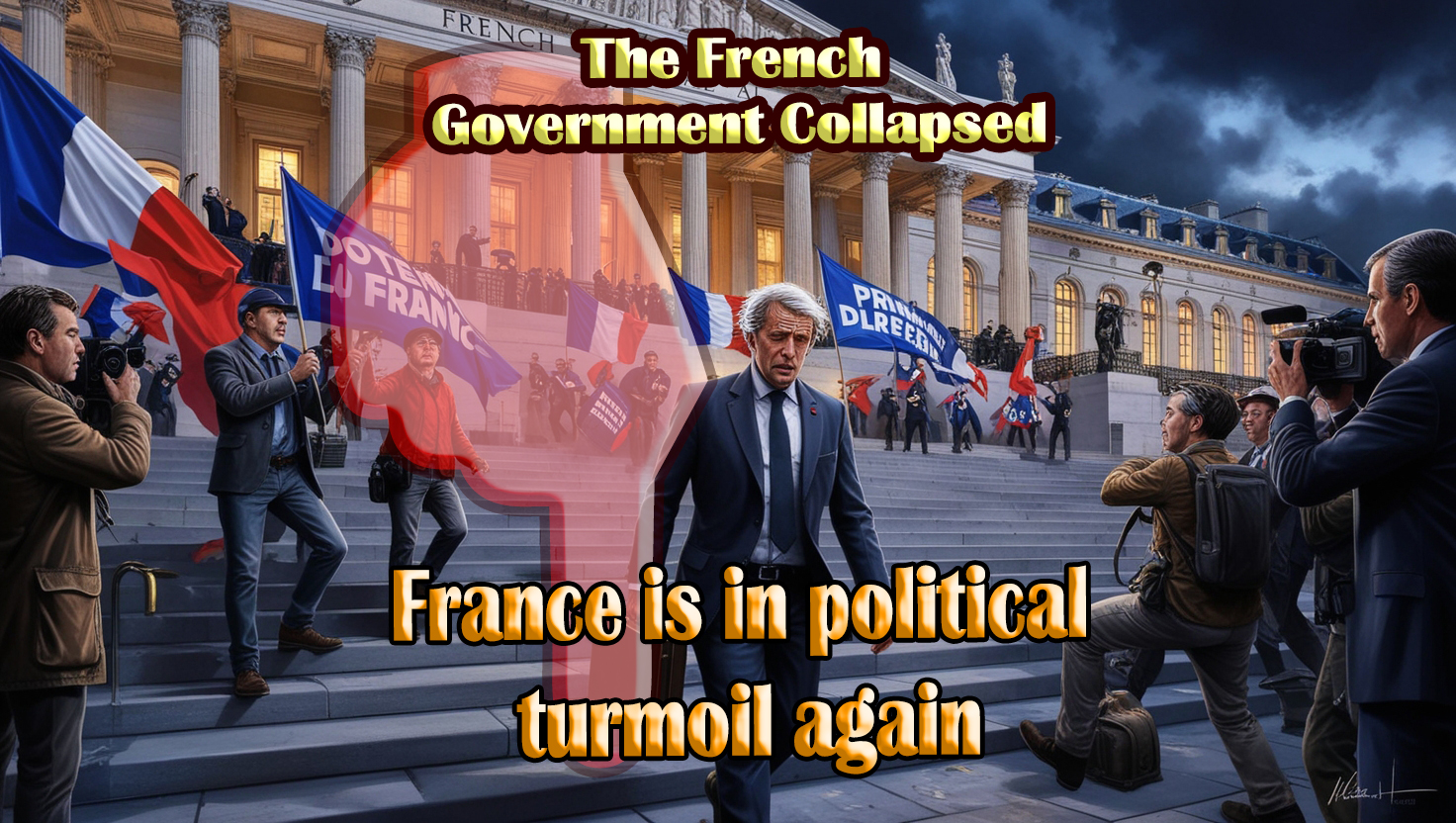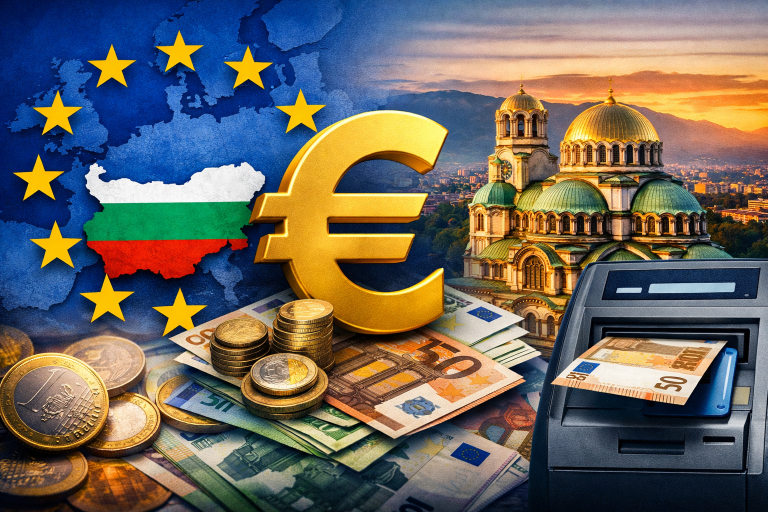
France is in political turmoil again. On Wednesday, the French government collapsed after Prime Minister Michel Barnier was removed in a no-confidence vote by Parliament.
France is in political turmoil again. On Wednesday, the French government collapsed after Prime Minister Michel Barnier was removed in a no-confidence vote by Parliament. This might seem like just another political headline, but it has real consequences for Europe’s economy—and for your wallet, if you live in the European Union.
What’s Happening in France?
France’s Prime Minister, Michel Barnier, had only been in the job for three months before he was forced out. He was appointed by President Emmanuel Macron after a messy election in July that left no party with enough power to run the country. Barnier tried to cut government spending and raise taxes to fix France’s budget deficit, but both left-wing and right-wing politicians rejected his ideas.
Now, France is stuck with a temporary government while Macron scrambles to find a new prime minister. This political chaos could make it harder for France to manage its finances—and that’s a problem for the rest of Europe too.
Why Does This Matter for Europe?
France isn’t just another country in the European Union. It’s the EU’s second-biggest economy, and it shares the euro currency with 19 other countries. If France struggles, the effects could spread to the rest of Europe.
France’s public debt is massive—around $3 trillion, or about 112% of its GDP. If investors start to worry about France’s ability to handle its finances, they might sell off French bonds or stocks, making it more expensive for the government to borrow money. This could hurt the value of the euro and make borrowing costs rise for other EU countries as well.
How Could This Affect Everyday People?
For regular people in France and across Europe, this crisis could lead to higher prices or slower economic growth. If France can’t address its budget problems, it might mean cuts to public services, higher taxes, or more expensive loans for businesses and consumers.
The uncertainty could also hit jobs. If companies in France and Europe feel nervous about the economic outlook, they might slow down hiring or investment.
What’s Next for France?
President Macron has a tough job ahead. France’s Constitution doesn’t allow for another election until summer 2025, so Macron needs to work with a divided Parliament to find a new prime minister. This person will need to balance the demands of left- and right-wing lawmakers—no easy task given the current tension.
In the meantime, France’s temporary government will keep things running but won’t have the power to make major decisions. This leaves the country vulnerable to more political and economic shocks.
Why Should Europe Care?
The European Union relies on strong leadership from countries like France to tackle big issues like energy prices, climate change, and the war in Ukraine. If France is stuck in a political deadlock, it won’t be able to focus on these challenges.
Worse, the instability in France could inspire other countries in Europe to question their leaders or reject EU policies. That would make it harder for the EU to stay united during a time when it faces big global challenges.
Final Thoughts
France’s political crisis isn’t just a domestic issue; it’s a European one. The next few months will be critical as France tries to find stability. For Europe, this is a wake-up call: when one major economy wobbles, the whole region feels the impact.






